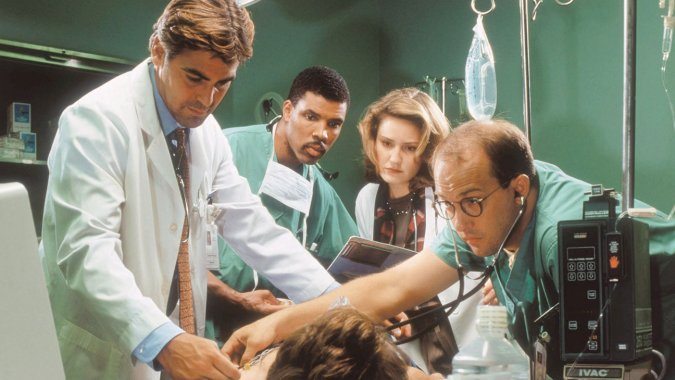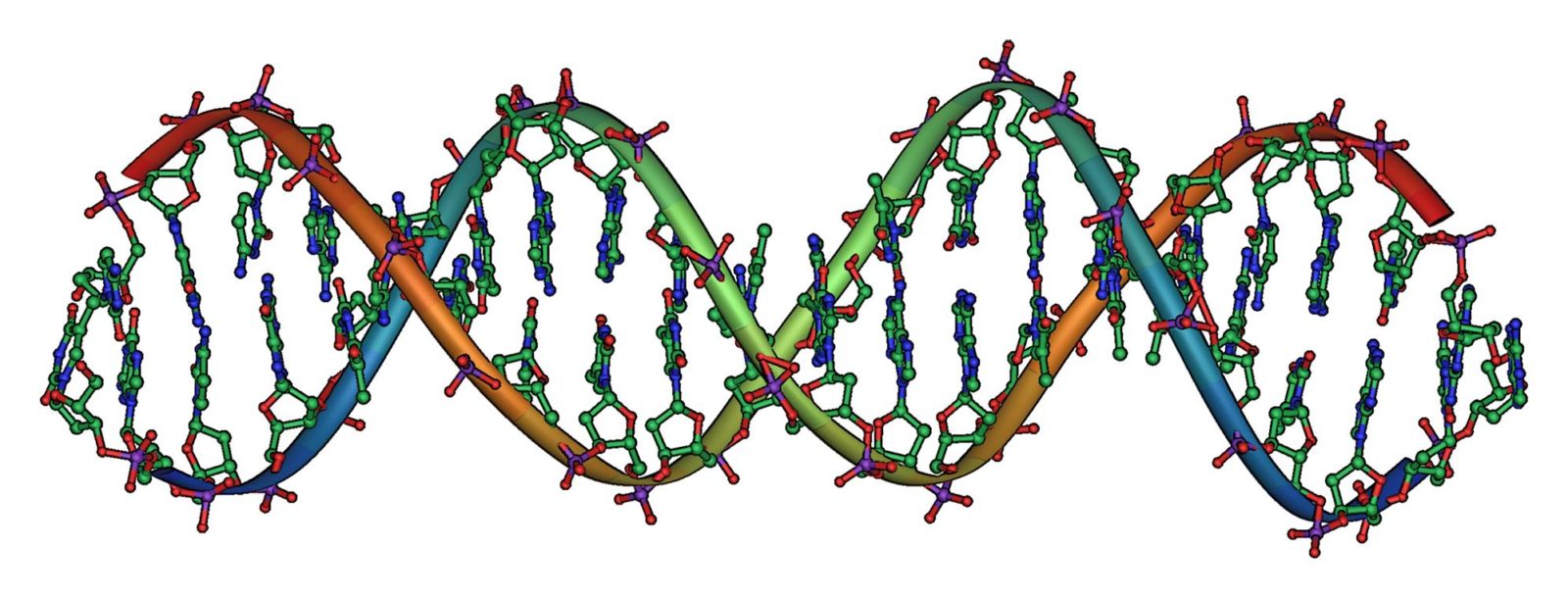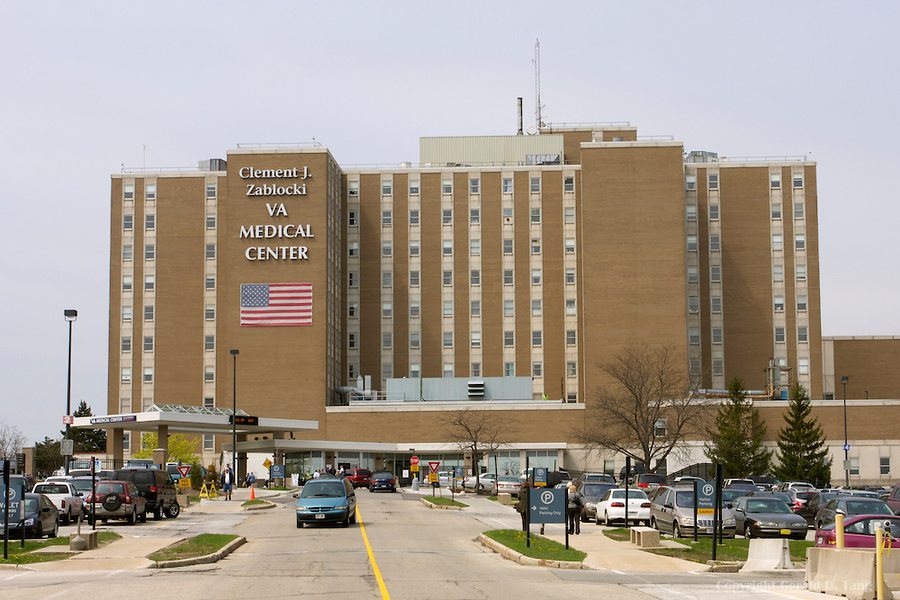CARA: Integrating even more pseudoscience into veterans’ healthcare
The pixels were barely dry on David Gorski’s lament over the expansive integration of pseudoscience into the care of veterans when President Obama signed legislation that will exacerbate this very problem. The “Comprehensive Addiction and Recovery Act of 2016” (“CARA”) contains provisions that will undoubtedly keep Tracy Gaudet, MD, and her merry band of integrative medicine aficionados at the VA busy for...
The Public’s Love-Hate Relationship with Technology
There are many complex factors driving up the cost of healthcare, but one major factor is increasing medical technology. Often new expensive technologies provide incremental, or even questionable, additional benefits but can dramatically increase the cost of health care. This is especially true of in-hospital treatments. There are also, of course, medical technologies that provide significant benefits, and others that improve our...
Past Life Regression Therapy: Encouraging Fantasy
I recently got an e-mail from a PR firm about an “internationally certified regression therapist,” Ann Barham, who has written a book and who claims to help patients to “heal enduring challenges, release unhealthy patterns and beliefs, and find their way to more happiness and success.” They offered me the opportunity to review her book and/or interview her; I declined, but I...

On the pointlessness of acupuncture in the emergency room…or anywhere else
As incredible as it seems, advocates of "integrative medicine" are on the verge of creating a new specialty, emergency acupuncture. I wish I were joking, but I'm not.
Acupuncture and Endorphins: Not all that Impressive
I was reading, and deconstructing, a particularly awful bit of advice for acupuncture by Consumer Reports. It was the same old same old, but it was the source that made it particularly awful. I expect more from Consumer Reports than the uncritical regurgitation of the standard mythical acupuncture narrative. The report included the quote One possible reason for the benefits of acupuncture:...
Legislative Alchemy 2016 Update: Acupuncturists win; naturopaths and chiropractors don’t (so far)
Legislative Alchemy is the process by which state legislatures transform pseudoscience and quackery into licensed health care practices. By legislative fiat, chiropractors can detect and correct non-existent subluxations, naturopaths can diagnose (with bogus tests) and treat (with useless dietary supplements and homeopathy) fabricated diseases like “adrenal fatigue” and “chronic yeast overgrowth,” and acupuncturists can unblock mythical impediments to the equally mythical “qi”...
Pharmacists Selling Snakeoil
Edzard Ernst published an excellent editorial today addressing the question of why pharmacists sell bogus products. Our own resident pharmacist, Scott Gavura, expressed similar points here on SBM a year ago. Their points are worth emphasizing and expanding upon. Professional ethics The explicit premise of both editorials is that pharmacists, like physicians, are health care professionals. Being a professional means adhering to...

The Gene: An Intimate History
Six years ago I reviewed Siddhartha Mukherjee’s book The Emperor of All Maladies: A Biography of Cancer. It was hands-down one of the best books I have ever read on a medical topic. Now he’s done it again. His new book is titled The Gene: An Intimate History. Mukherjee is a superb writer. Much of what I said about his first book...

“Complementary and Integrative Health” at the VA: Integrating pseudoscience into the care of veterans
In return for their service to our country, veterans deserve the best science-based medical care that we as a nation can provide. Unfortunately, the VA is integrating quackery into its medical care even more enthusiastically than medical academia.
Science-Based Satire: Robotically-Assisted Acupuncture Brings Ancient Healing Technique Into the 21st Century
Developed over many thousands of years (or maybe a little less), what has come to be known as traditional Chinese acupuncture has proven capable of curing or at least ameliorating the symptoms of a variety of medical conditions. But one of its greatest strengths, the intimate connection between the practitioner and the acupuncture needle, is also one of its most significant weaknesses....






Don’t Blame the Patient